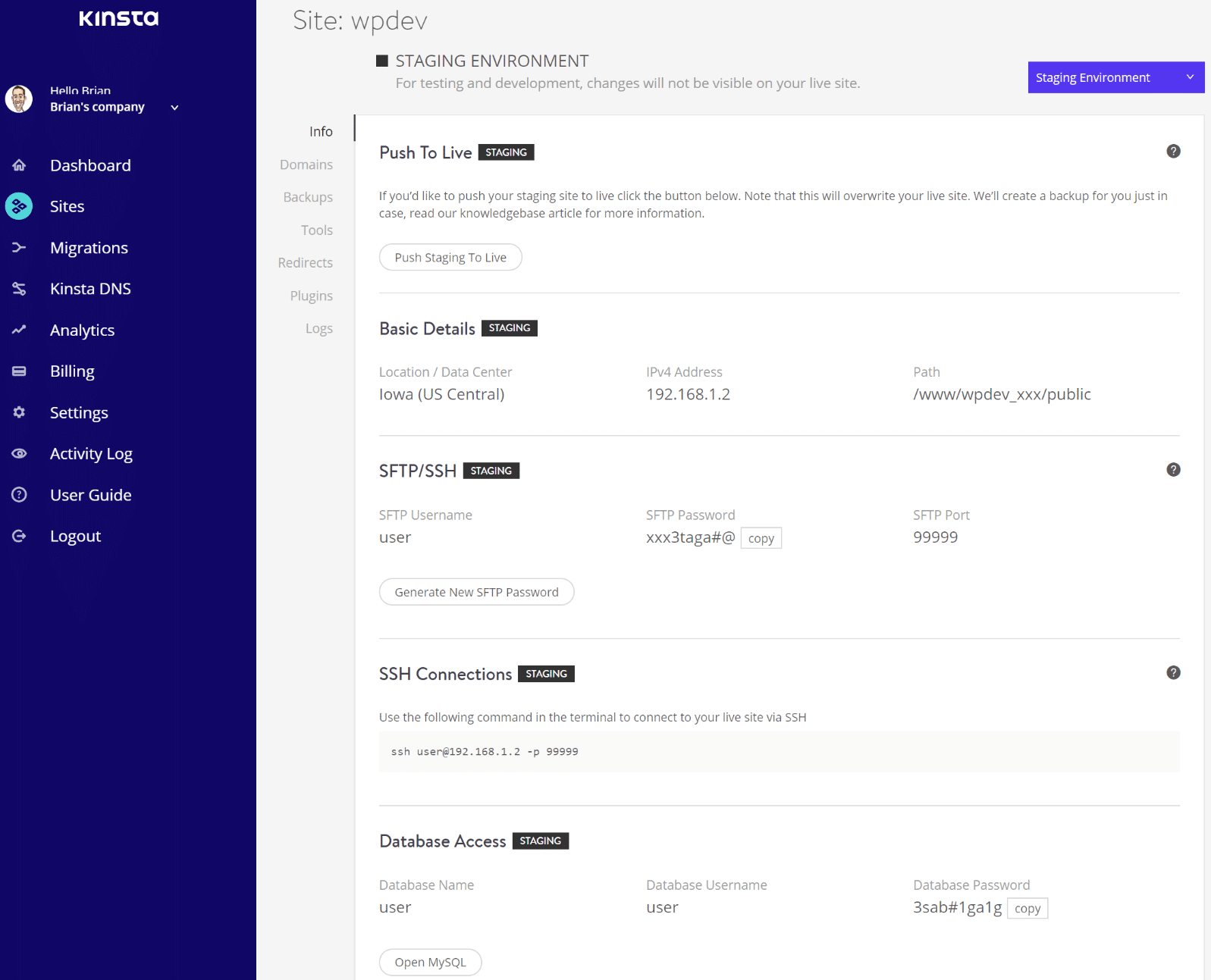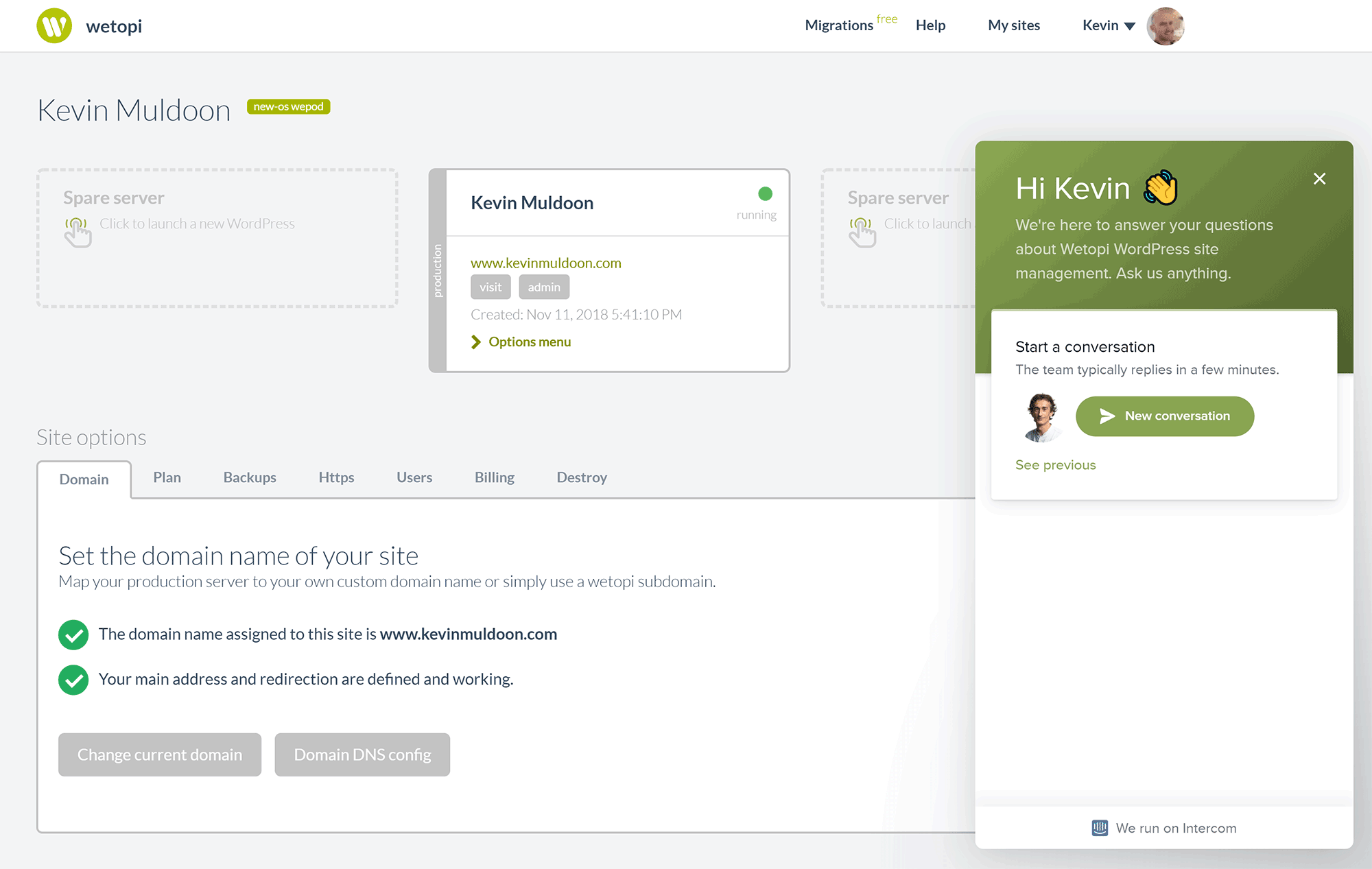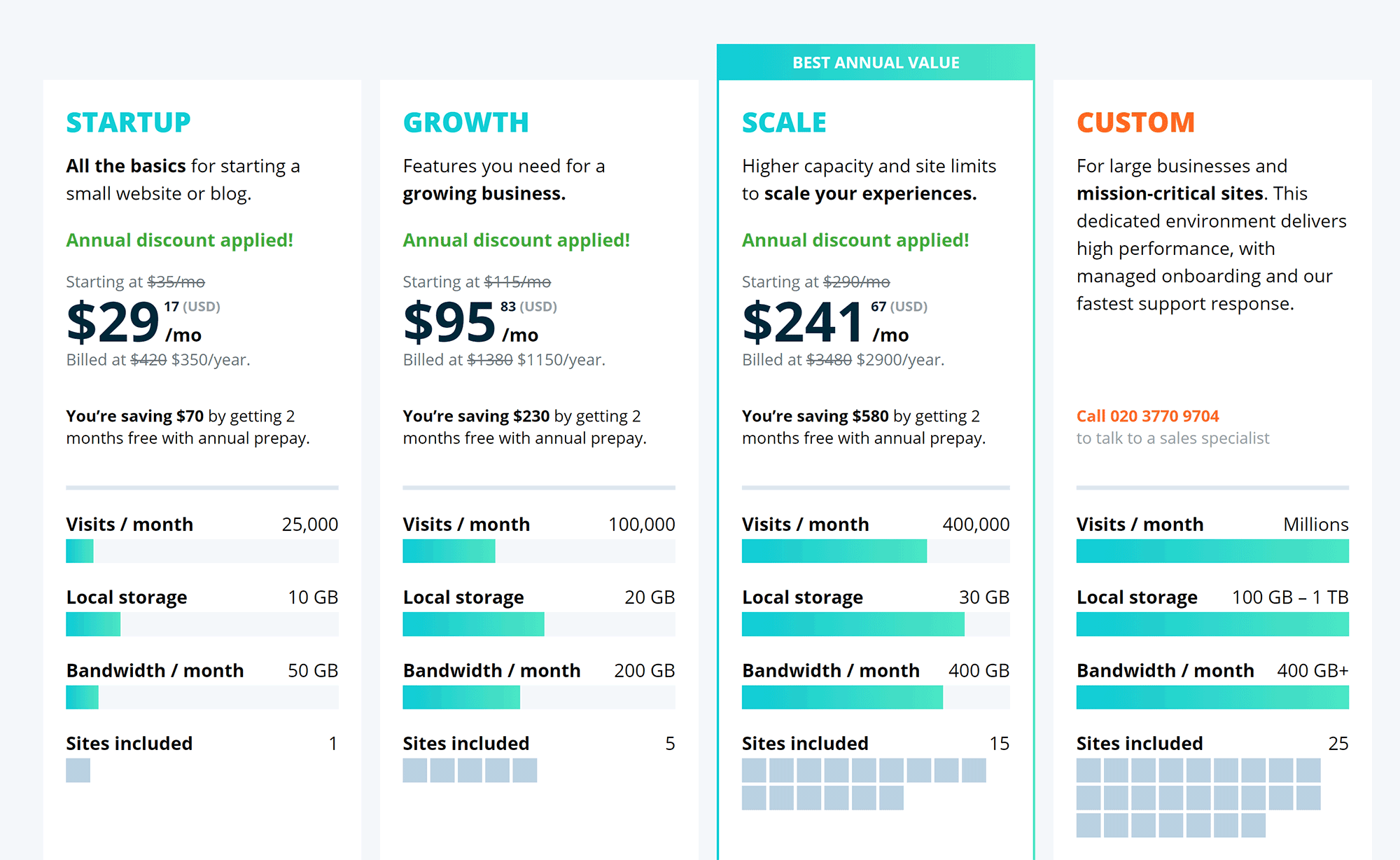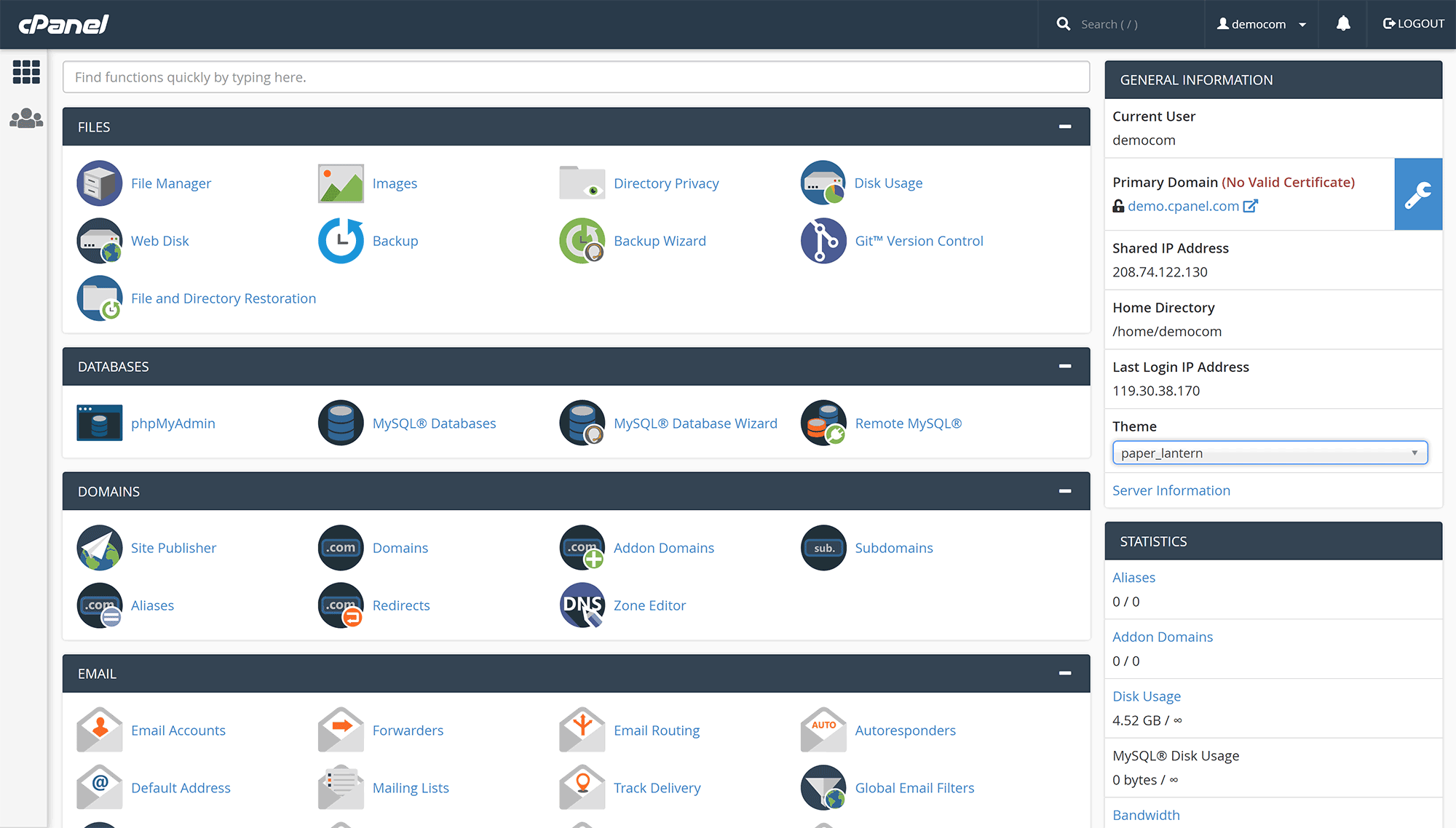Every time I go to a WordCamp conference, I see more and more managed WordPress hosting services advertising their company. It’s big business.
Many managed WordPress hosting companies spawned from design companies who recognised the need to cater hosting specifically for their WordPress clients, however, their success made larger hosting companies take notice. Today, every major hosting company offers a package that is catered to WordPress users.

Image Copyright: Pixabay
I have been hosting websites for 20 years and experienced many highs and lows. I have had my websites deleted by a company because they said my CPU usage was too high, I was kicked off by KnownHost because I received a DDoS attack, and I ran my own dedicated server for over ten years.
This blog is currently hosted by Wetopi, a managed WordPress hosting company that is based in Barcelona. I continue to host other websites in cloud VPS packages on Vultr.
What I would like to do in this article is talk about three things I like about managed WordPress hosting services and three things I do not.
Three Things I Like About Managed WordPress Hosting
Managed WordPress hosting companies aim to reduce the time you spend administrating your website. They offer many features which help reduce downtime, increase security, and improve performance. A good hosting company may also improve your WordPress SEO.
Everything is geared towards keeping your website online without any interruptions.
Website Staging
Website Staging is amazing. There, I said it!
What website staging allows you to do is create an exact copy of your website. You can then make the changes you want and push the changes to your live website.
The whole process is quick and, perhaps more importantly, simple. All you have to do is click one button to create a website staging environment and then another to make your changes go live.

So why is this is amazing?
Well, if you make any changes to a live website, be it a simple code modification, plugin update, or design change, there is always the risk that something goes wrong and your website goes offline. You can effectively eliminate this risk using website staging.
Previously, what I did was create a test website using a backup of my website and then test changes there. It worked, but it was incredibly time-consuming.
Those days are gone thanks to website staging.
Optimisation & Performance
The majority of hosting packages are configured to support a wide variety of website types. This means that they can support discussion forums, directories, blogs, online shops, multimedia websites, and more.
Sometimes that is exactly what you need from your hosting company as you want the flexibility to host all of your websites there, however it does mean that your hosting plan becomes a jack of all trades and master of none.
Therefore, in order to tweak something like WHM/cPanel to handle WordPress correctly, you may make changes that affect you hosting another type of website.

In a managed WordPress hosting setup, every aspect of the server is configured specifically for WordPress. This level of optimisation leads to a more efficient hosting package that has reduced CPU usage and faster response times.
WordPress caching is sometimes handled by managed hosting companies too to increase performance further.
Access to Good WordPress Support
One thing that managed WordPress services do better than other hosting companies is support.
As noted before, most hosting companies have to be a jack of all trades and provide support for many different platforms, however staff for managed WordPress hosting services focus all their energy on WordPress. So their staff are generally more experienced with WordPress than other hosting companies.
This is particularly useful for WordPress beginners and companies who need direct support with WordPress.

By the time managed WordPress services arrived on the scene, I had already been using WordPress for a dozen or so years and had published thousands of tutorials about the platform. Therefore, support was not a major priority for me.
Despite this, I do appreciate the quality of support from managed WordPress hosting companies as when I do need help, I know that the person on the other side understands WordPress.
Previously, I would have to do a lot of explaining to hosting companies as to why something had to be changed.
Three Things I Do Not Like About Managed WordPress Hosting
Since I first started hosting websites online, I have taken a hands-on approach to website hosting. I have always tried to fix things myself and only turned to support when I needed to. For example, when I had to tweak my server in a certain way.
Without doubt, many of my problems with managed WordPress hosting stem from being acccustomed to fix things myself.
Price
Managed WordPress hosting companies are expensive. From a hosting allocation point of view, you get so little for your money when compared to regular hosting companies.
A VPS plan that costs $10 usually costs over $30 with a managed hosting service. A VPS plan that costs $30 normally sells for around $99 with a managed hosting service.

Of course, this is not a fair comparison. With a managed hosting company you also get website staging, premium WordPress support, and other great features; but it clear that you are paying for that additional functionality. If you do not need support or website staging, it becomes harder to justify the premium they charge.
Another annoyance is that managed hosting companies limit plans to a defined number of visitors per month. This can force you onto a higher priced plan which you do not really need. It is worth noting that WPMU and a few other companies do not do this and merely use monthly visitors as a guide for customers, but generally speaking this is still a problem.
Limited User Interface
I have always found the limited user interface’s used by managed hosting services to be extremely frustrating.
I do understand why they are set up this way. A simple user interface is perfect for beginners who just want everything to be taken care of for them. Additionally, restricting options means that the managed hosting company can configure everything correctly in the background and reduce the risk of the customer messing things up.
Unfortunately, in my experience, companies go far and remove functionality that is useful such as cron jobs, URL redirections, and email filters.

Website migrations are another frustration. In a regular hosting plan you can transfer websites from one location to another easily; whether it be cPanel to cPanel, cPanel to Plesk, or whatever.
Managed WordPress hosting companies do provide backups and let you download previous backups of your website, but it still needs to be manually restored at the other end. Some managed WordPress companies will migrate your first website for free, but for subsequent websites there is a charge. Some companies do not help with migration at all. For example, in their review of DreamHost, Hosting Foundry note that the company charges $99 per website migration.
I have transferred hundreds of websites between hosting companies over the years, but because managed WordPress hosting companies remove features in order to simplify things, website migration is unnecessarily harder.
In the future, I would like to see managed WordPress hosting companies adding more advanced options for those that need them.
Need to Use Support for Everything
Due to my hands-on approach to website hosting, there are some hosting companies I have used where I have never had to open a support ticket.
Moving to a managed hosting environment changed that. I understand that some advanced features have to be removed to ensure the server is run efficiently etc, however as options are limited, you are forced to turn to the support team for everything.

Image Copyright: Gerd Altmann from Pixabay
Asking for help with basic tasks is not practical in many situations as it turns a 2 minute task into a 2 hour task.
This happened to me the first time I used WP Engine years ago. I was trying to migrate a website there for a friend, but was unable to do so because of an 8MB file upload limit they had set for PHPMyAdmin. Normally, this is a quick two minute fix as you just need to modify your php.ini file, however I had to ask support to do it for me and they took several hours to reply.
So whilst I do understand why managed hosting companies take control over certain advanced tools, I hate having to turn to support for every little change I need to make for my website.
Final Thoughts
I hope you have enjoyed this look at managed hosting services.
As you can see, I have a love hate relationship with managed hosting services in general. My main frustrations stem from the limited control they give customers. Price is a sticking point too, but it is something that is becoming less of an issue as my schedule gets busier and take a less hands-on approach to website hosting.
If you are looking for a company to host your WordPress website and handle everything for you, a managed WordPress hosting service is undoubtedly for you. You just need to pay a premium for it.
Thanks for reading.
Kevin

